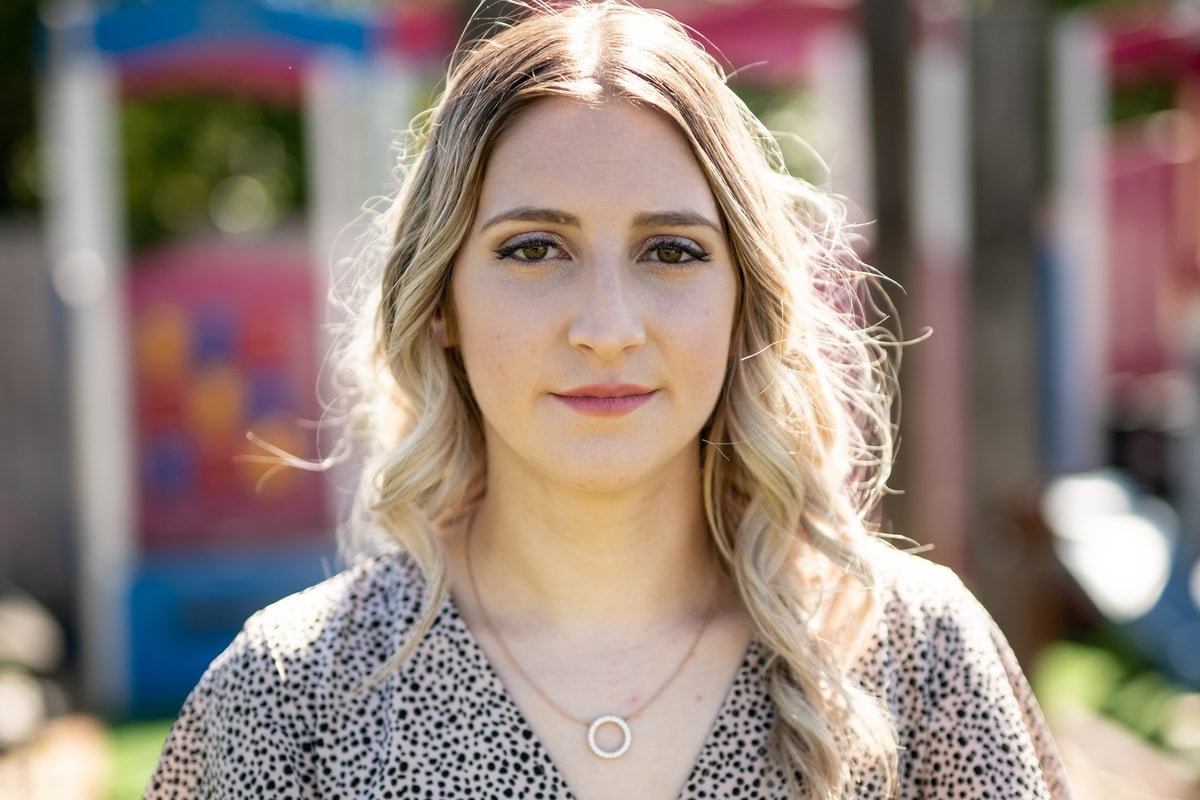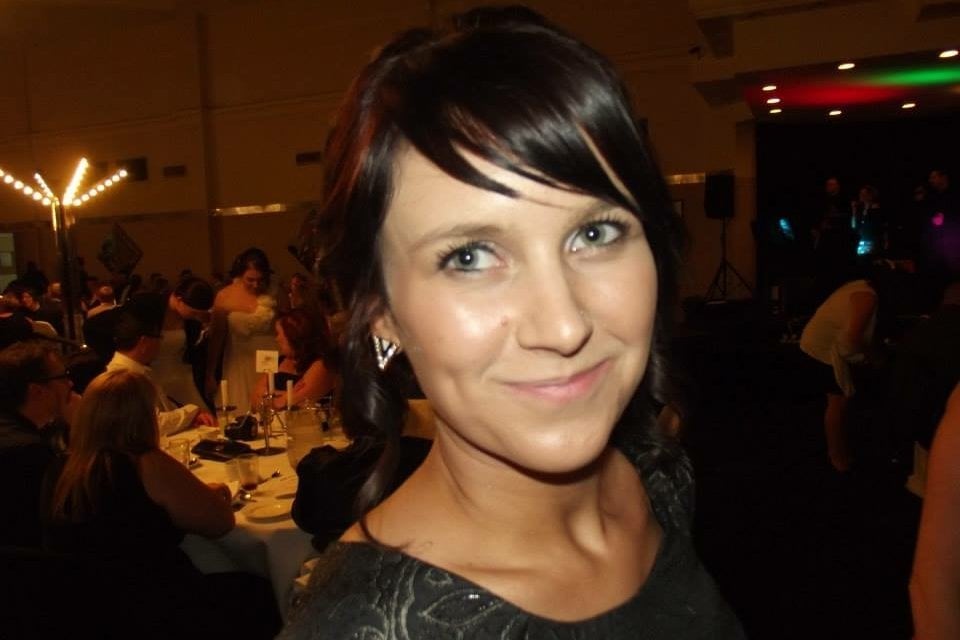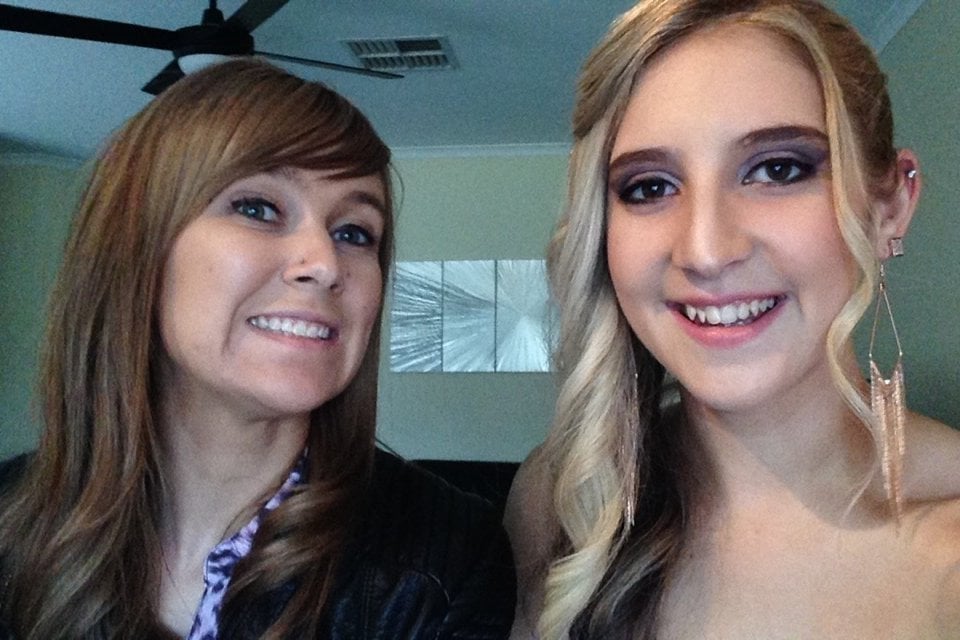
At Mamamia, we have a year-round commitment to highlighting the epidemic of domestic violence in Australia. During May, Domestic Violence Prevention Month, we will not only raise awareness of the personal impact of violence, but do our best to ensure victims have access to help, and encourage those who abuse to take responsibility and seek help for their behaviour.
This post deals with domestic abuse and might be triggering for some readers.
In Australia, on average, one woman a week is killed by a current or former partner.
It's a sobering statistic — and one that has affected the lives of thousands of everyday Australians.
Now, a new SBS documentary, See What You Made Me Do, is drawing attention to Australia's domestic abuse epidemic.
Hosted by investigative journalist Jess Hill, and inspired by her award-winning book of the same name, the three-part series will give a voice to domestic abuse survivors, as well as the traumatised families left behind in the face of domestic violence.
Watch a clip from SBS documentary series See What You Made Me Do below. (Warning: The following clip deals with domestic abuse and might be triggering for some viewers.)
In the series, Hill meets the family of Katie Haley, a 29-year-old mother-of-two who was killed by her partner of four years, Shane Robertson, at their home in Diggers Rest, Melbourne, in 2018. (Robertson was later sentenced to 24 years in jail in 2019.)


